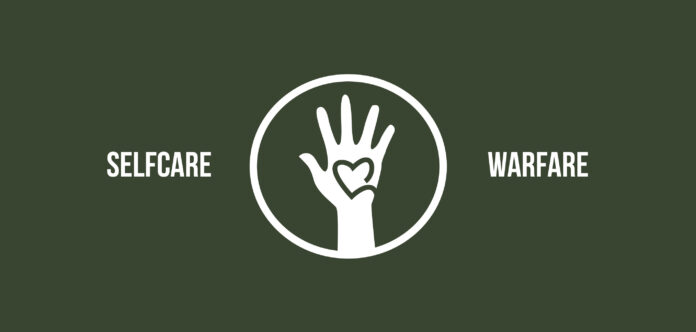Now that I’ve hopefully built up enough of a background for you and I to be on the same page, I think I can start to discuss some more specific ways in which we can unlearn oppressive and marginalizing behaviors and opinions. This week I’m going to be talking about racism and racial microaggressions (I will define that in a bit), looking specifically at those related to Asian Americans, and relating this to self-care. However first I think I need to define a few terms before we can have a discussion on the topic of racism.
So what is racism? Scott Woods, a black poet, writer and critic from the Midwestern United States, moves beyond the dictionary definition of racism as prejudice based on race to tell us that,
“Racism is a complex system of social and political levers and pulleys […] to continue working on the behalf of whites at other people’s expense […] Racism looks like hate, but hate is just one manifestation. Privilege is another. Access is another. Ignorance is another. Apathy is another. And so on.”
Racism exists within us, in our daily interactions, the culture we live in, and the policies that are in place that affect the lives that we lead and the futures that we are able to access. Although I’m going to be talking about individual behaviours that are indeed racist, I want to forefront the simple fact that racism is not something that occurs only in our interactions, but also on a broader level.
But how do we recognize racism in our everyday lives? One instance that comes to my mind was a discussion about racial preferences when it comes to dating.
A couple of months ago during a conversation with some of my friends about our “types,” one of them joked that they were struck by “yellow fever” – a “sickness” defined through a preference for Asian (specifically East Asian) persons. I put sickness in quotations because it’s not an ailment, it’s a “preference.” You might wonder, how exactly is that racist? You might say, a racial preference isn’t bad and that the desire to date and have romantic or sexual relations with someone outside of one’s own race is great! However, when we say things like, “I have yellow fever,” or “I only date Asians,” or use come-ons like “All my successful relationships have only been with Asians,” an interesting thing happens. You essentialize someone to their race. You take away all facets of their personality and identity, erase it through ignorance of their own humanity and use their race as a stand-in for their entirety — race becomes a prerequisite for your attraction. You are being racist, whether you want to be or not.
What’s key here is the idea of essentialization. Racism in our interactions occurs when we essentialize someone to their racial identity. When we assume that someone is a bad driver/biker because they are Asian. When we assume that someone is good at math and science because they are Asian. When someone makes a joke about you eating cat or dog because you are Asian. When these moments happen an erasure of one’s personhood and an essentialization of one to their race occurs, which contributes to racism that we find in society. But what does this mean in terms of self-care?
I want to suggest that we begin to question ourselves, our attractions, the actions we take, the thought patterns we have, the jokes that we tell and think of the ways that we might be contributing to racism in our everyday lives. I want us to start thinking about race and the ways that we ourselves are racist. Once we start thinking about race and having honest discussions about our experiences of racism, and the ways that we think we are being racist, we can begin to unlearn racism. We can begin to call out racism in ourselves and our own communities. And once we call it out, once we name it, we can start the long and hard process of deconstruction. We can take care of ourselves by holding ourselves and each other accountable. We can take care of ourselves by taking a long hard look at our interactions and our attractions and attempt to recognize when we have been racist. And once we can recognize that, we can build toward undoing racism.
GILBERT GAMMAD can be reached at gdgammad@ucdavis.edu.
Graphic by CA Aggie Graphic Design Team.




